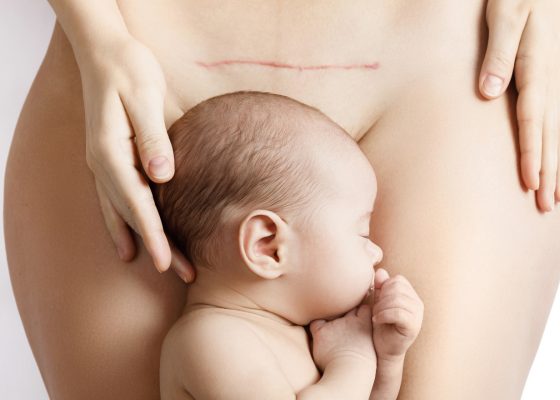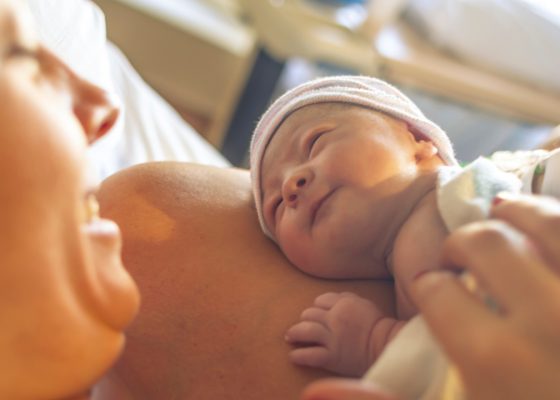Research found that doulas can help migrant women better engage with the Australian community and healthcare services.
Community-based doulas can help alleviate difficulties surrounding the experience of migrant women and the maternity system, by providing enhanced and respectful care, and by creating more supportive relationships with providers.
Victorian researchers, published in Women and Birth, interviewed 30 maternity care providers (doctors and midwives) and doulas from Australia’s only community-based volunteer doula program, Birth for Humankind.
To be eligible for treatment, women had to be experiencing financial disadvantage, or be without a birth support person, having mental health challenges, being victims of family violence or trauma, being of a young age, and/or being homeless.
Language barriers and a lack of consideration of cultural practices can adversely affect migrant women’s experience of the maternity care system. A 2015 study found that when compared to non-migrant women, migrant women had poorer psychological wellbeing, higher rates of stillbirths and babies born underweight, and more “negative childbirth experiences”.
Participants in the most recent study described limited avenues for social connectedness in a clinical setting due to “hospital protocols, professional relationships and boundaries”. By providing individualised social support, doulas helped assist migrant women in this regard. One doula described that engaging in education and support services sometimes wasn’t a priority for migrant women who were “too overwhelmed with other aspects that are going on in their own life”, like insecure housing.
The research showed that doulas acted as a middle ground between health providers and patients, often advocating for translators and language support on behalf of the patient and increasing trust between the patient and health providers.
Describing the impact of the doula in the delivery room, one midwife said: “[if the doula was there] I felt the woman wasn’t as threatened or scared … there were a few things I could ask the doula that she (the migrant woman) didn’t have to answer – she could just focus on her labour”.
While doulas were predominantly white Australians, the study underlined that migrant women felt that attempts at understanding cultural differences were valuable, and that while not being from the same ethnic or cultural background, doulas aided migrant women by supporting their cultural needs and preferences in labour.
More broadly, the study found that by being a source of social support, doulas facilitated “a sense of belonging and confidence [for the migrant woman] to engage with their communities and other providers”, underlining how doulas could help migrants integrate into society and be more engaged in the healthcare system.
“It seems to have a really big impact on their parenting and the way they can interact with their community and their healthcare providers, they [can] ask questions … [and have] positive associations with healthcare providers and support system in this country”, one doula said.
The authors also addressed the study’s limitations; that the doulas in the study were on average more qualified – with a requirement that they had “trained birth support experience” which may not reflect reality – and that the experiences of migrant women were complex, and the study treated them as a “homogenous” group.
Do you have a story tip for us, or a topic you would like to see us cover? Contact the editor at editor@healthservicesdaily.com.au.




